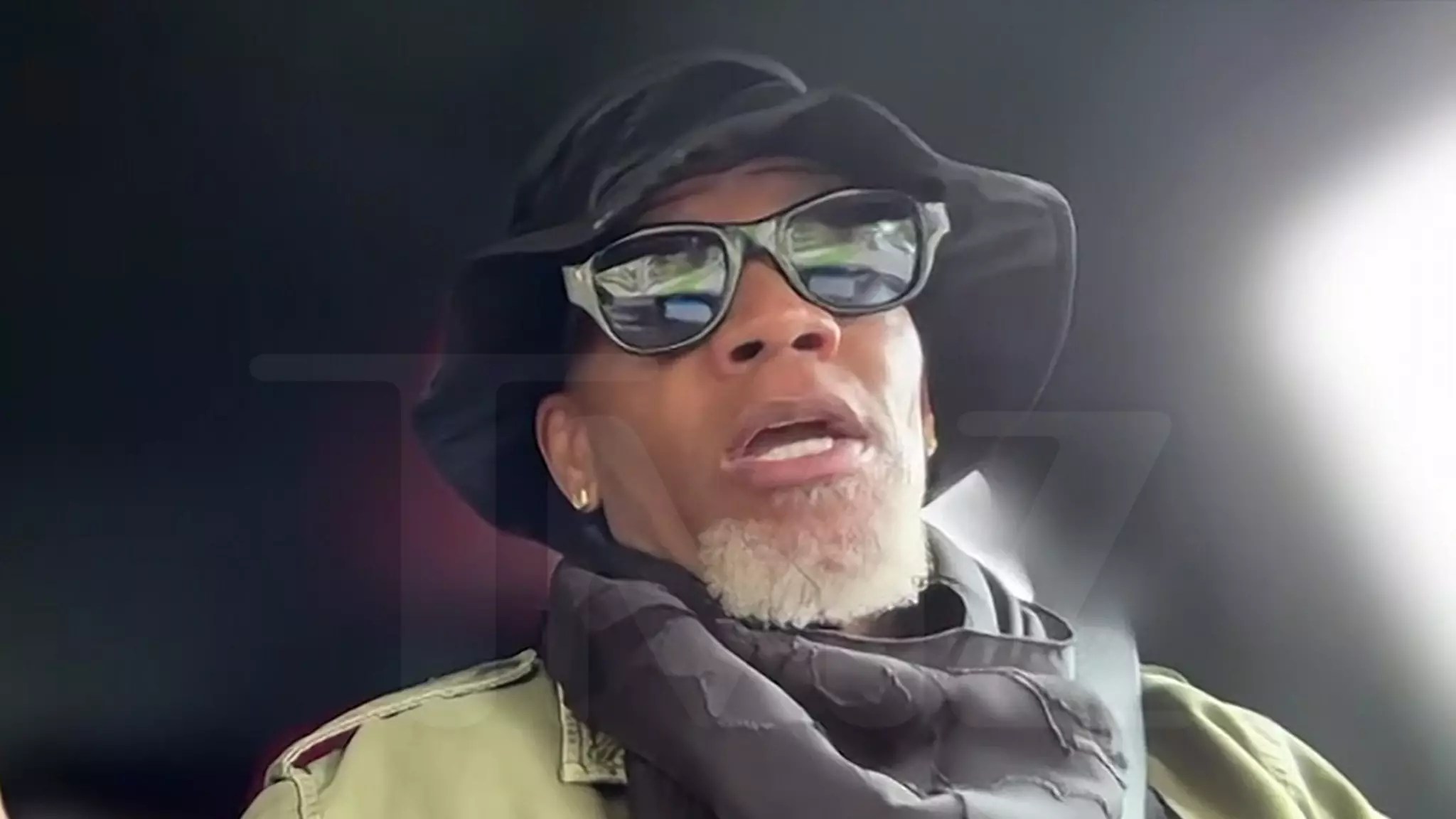In a compelling critique, comedian D.L. Hughley weighs in on the recent acknowledgment of Mike Pence with the John F. Kennedy Profile in Courage Award. This recognition prompts a significant discourse on the current state of American politics and the alarming normalization of underwhelming actions masquerading as monumental bravery. Hughley emphasizes a troubling reality—the mere act of fulfilling one’s constitutional duty has been elevated to a status worthy of commendation. In an era where fundamental democratic principles should be respected unconditionally, it raises the question: how far have we strayed from the norm?
Pence’s Award: A Reflection of Deeper Issues
Hughley articulates that Pence’s receipt of this accolade is not merely about the individual but rather a signpost indicating the depths to which political integrity has fallen in the United States. The notion that standing up for democracy, which should be an expected component of any political office, is now considered courageous, speaks volumes about the dysfunction pervasive in the current political landscape. While some may laud Pence’s efforts on January 6th, Hughley argues that such honor should not be an exception but the standard for all public officials.
A Distorted Narrative
Furthermore, the comedian points out the irony in the narrative surrounding Trump’s attempted re-election. Pence’s act of patriotism, initially perceived as a moment of bravery, pales, as it became a mere pause in the cycle of upheaval that rallies behind Trump’s influence. This unsettling dynamic reveals that Pence’s award does not celebrate profound principles but underscores the dire state of political fidelity. Hughley suggests that operational norms are plummeting, and compliance with legal obligations is becoming increasingly fraught with peril.
Constitutional Integrity or Public Relations?
Hughley also raises valid concerns regarding Pence’s acceptance speech, where he characterized January 6th as a “tragic day” that ironically revealed a “triumph of freedom.” Such statements pose an essential challenge to the interpretation of courage and patriotism. Are we to celebrate a moment in which constitutional adherence was tested, and safeguards were almost compromised? Hughley invites us to reconsider whether this narrative is genuinely reflective of courage or simply a PR maneuver to sanitize an embarrassing chapter in American history.
The Bigger Picture
In his sharp analysis, D.L. Hughley encapsulates a disconcerting sentiment that hovers over the discourse surrounding political heroism today. As we witness the absurdity of honoring basic governmental responsibilities, the focus must shift to the broader implications of this trend. The landscape of American politics is not just transitioning, but it is being cyclically challenged by forces that seek to undermine its very foundation. In the aftermath of such accolades, one can’t help but wonder: what does it mean for America if standing firm on democratic principles is deemed extraordinary? In a time when fortitude should be commonplace, Hughley’s observations beckon a call for reflection—and perhaps a restoration of what true courage looks like.







Leave a Reply